Support After a Suicide
A suicide impacts entire communities, families, friends, schools, workplaces, and beyond. Timely, coordinated support helps people cope with grief, reduce emotional distress, and prevent further harm.

Call 988
At the 988 Suicide & Crisis Lifeline, we understand that life's challenges can sometimes be difficult. Whether you're facing mental health struggles, emotional distress, alcohol or drug use concerns, or just need someone to talk to, our caring counselors are here for you.
You are not alone.
Resources to Download
Community Toolkit for
Responding to a Suicide Loss
School Toolkit for
Responding to a Suicide Loss
View & Download
You Are Not Alone
in This Loss
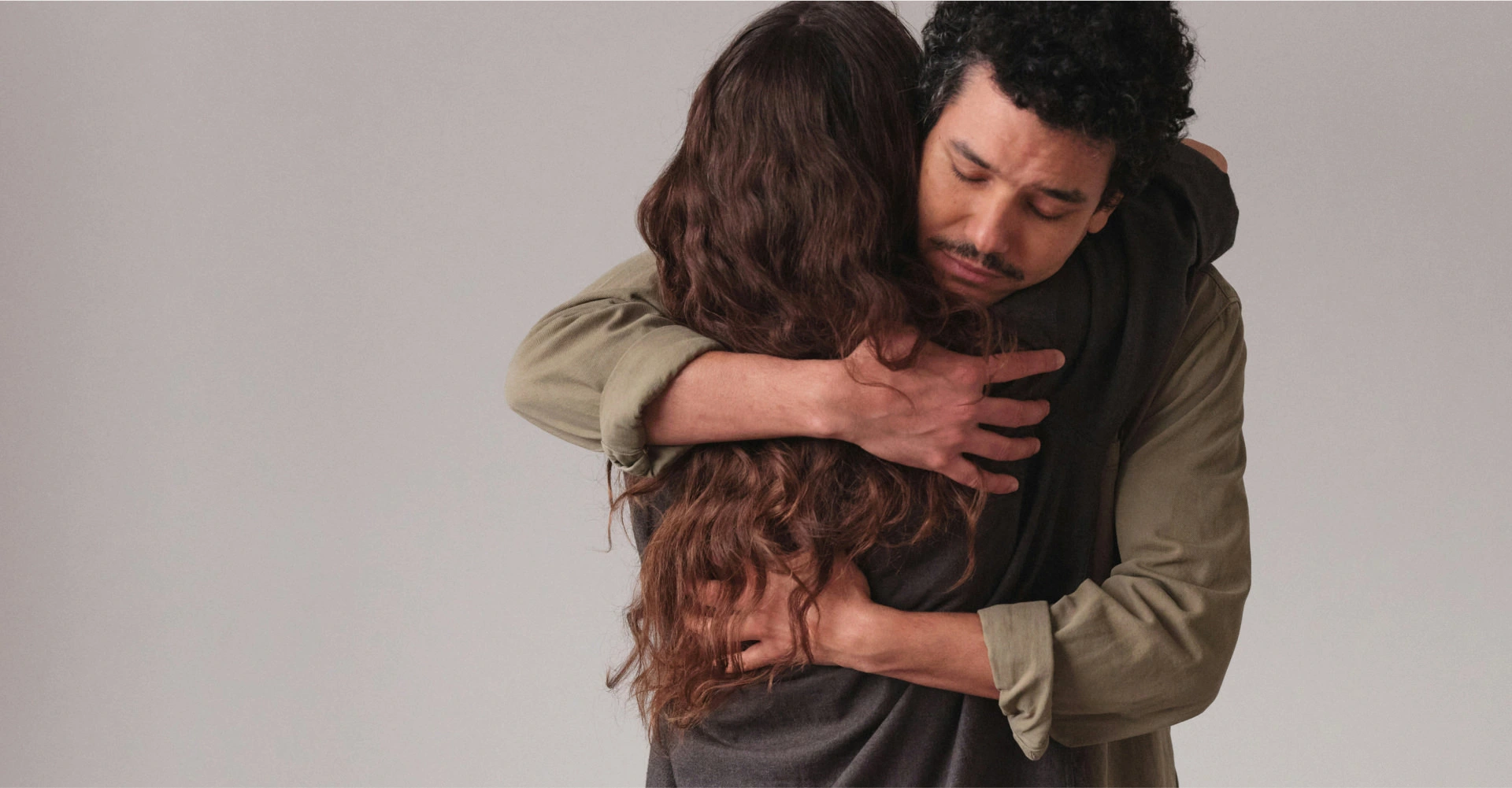
“If you are very new to the tragedy of suicide loss, despair may be your companion. We hope you find some time to rest your burden and share it with those of us who need no explanation. There is no map on this path to becoming whole. It is the most painful of journeys — full of twists and turns, bruised hearts and misunderstandings. Small wonders appear on this path but we may be too sore or fragile to recognize them. But there will be a day when you can look back and know that they were there. We share your loneliness. We share your sorrow. We share your questions. We honor those we love who have been lost to suicide. May the radiance and beauty of their lives never be defined by their deaths.
…As fellow survivors of suicide, we urge you to remember these few but important things:
- You are not alone.
- There are resources and people to support you.
- There is no universal time frame for healing, but you will move forward from the place where you are now.
- We wish you strength and courage as you travel through your grieving and your healing.”
-American Foundation for Suicide Prevention Survival Council
While there is no right or wrong way to grieve, you may need help from others
Find a grief support group
Grief Support Resources
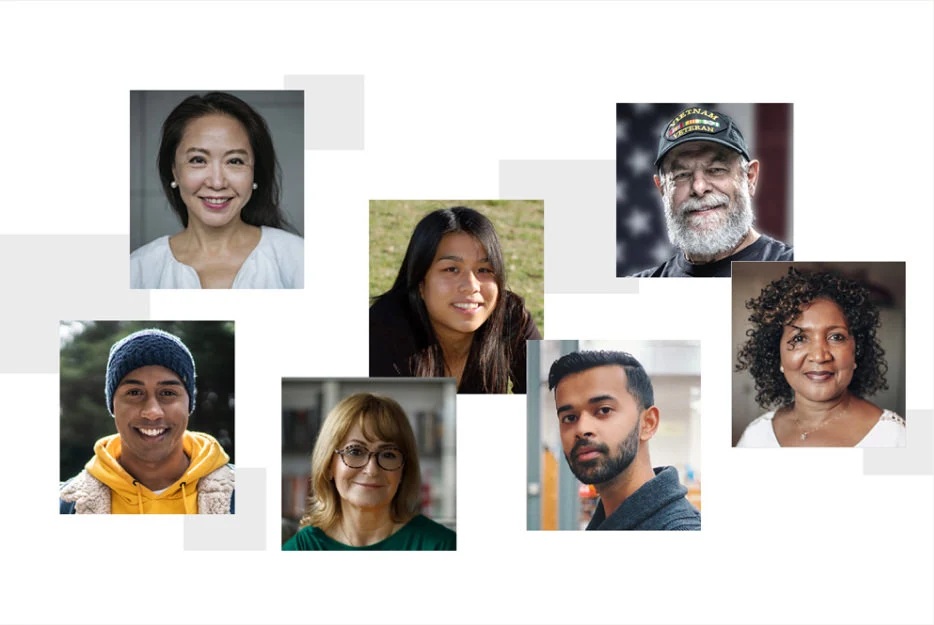
Click below to find the closest treatment options.
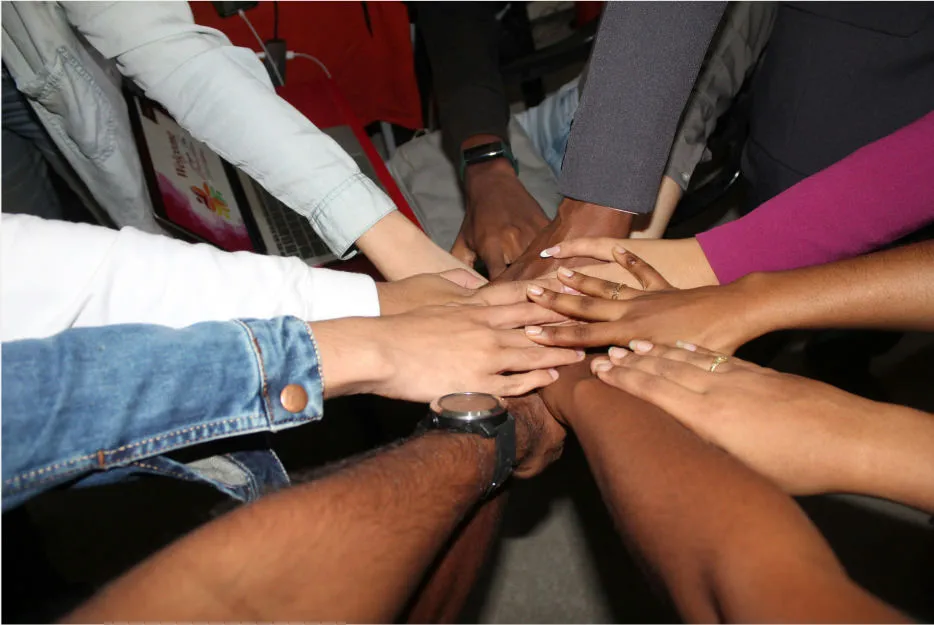

AFSP offers information for many different grief support groups around Utah.
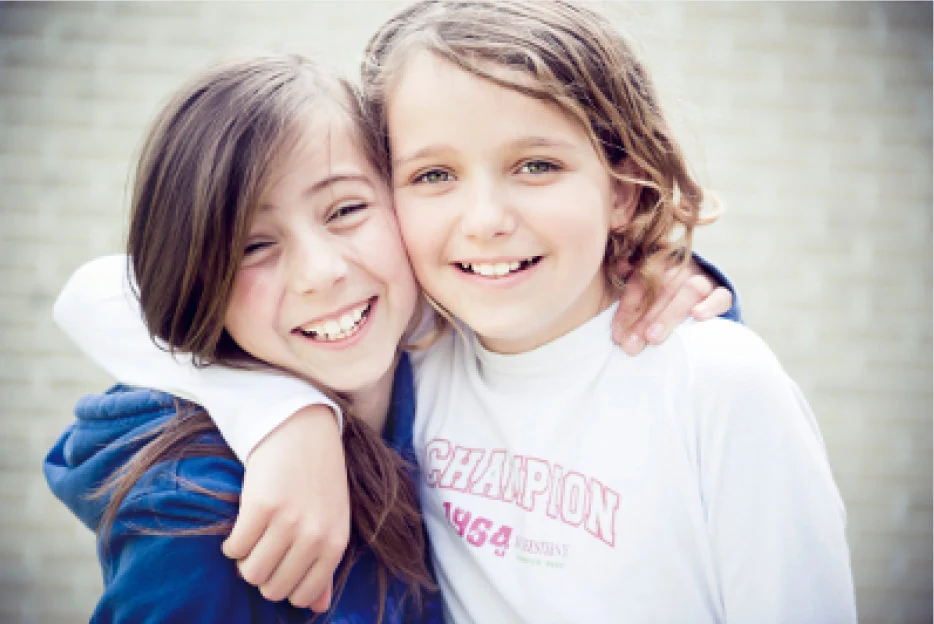
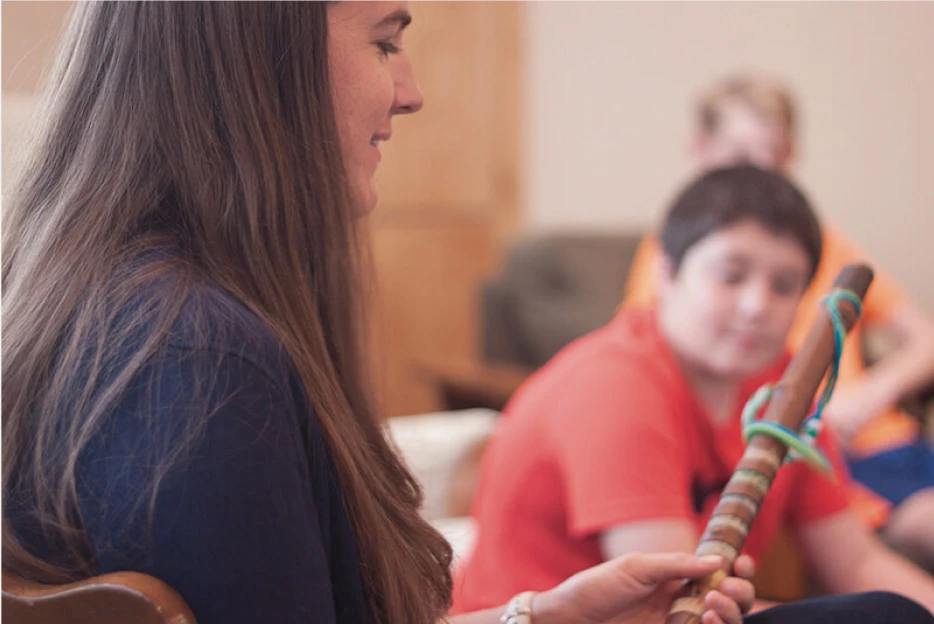

Learn how to help someone who is grieving.
Grief associated with a suicide is complicated. You can help someone who has lost a loved one to suicide by listening without judgement; accepting their feelings; showing compassion and patience; and helping them take care of themselves, their family, and their day-to-day responsibilities (such as offering to babysit, bringing in meals, cleaning, running errands, reminding them to do self-care, etc.). Encouraging them to reach out for professional grief support may also be important. Offer to go with them to a grief support group or to visit a grief counselor so they are not alone.
Important dates such as anniversaries and holidays can bring forth memories of their loved one and emphasize their absence, so be sensitive during these times to their feelings and needs. When talking about their loved one, use their name to show you have not forgotten about them. This also helps reduce any stigma around their death.

